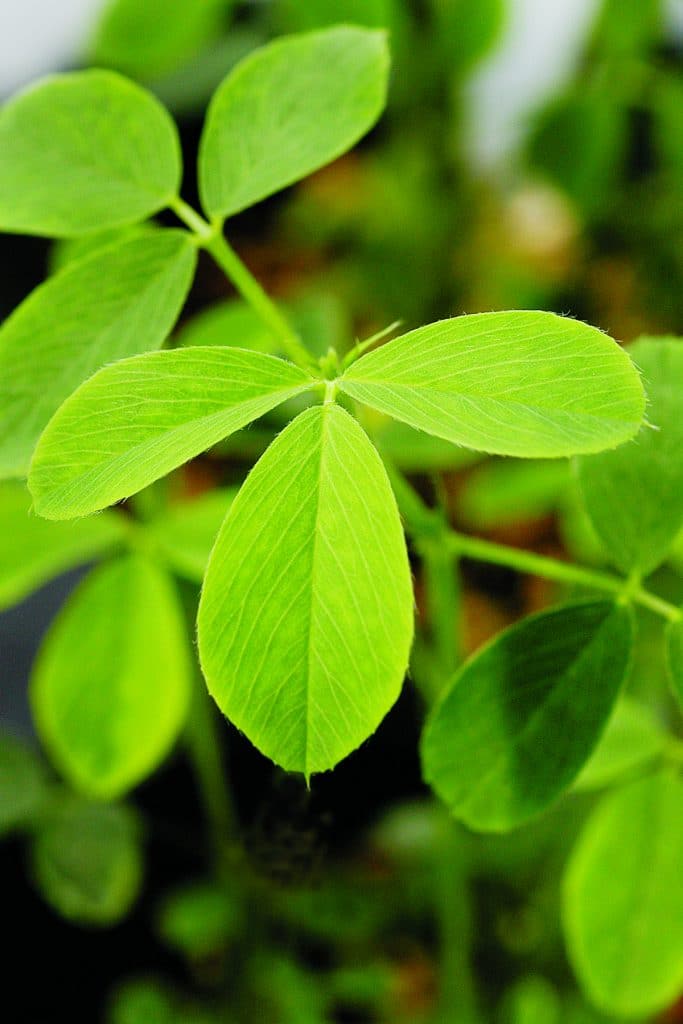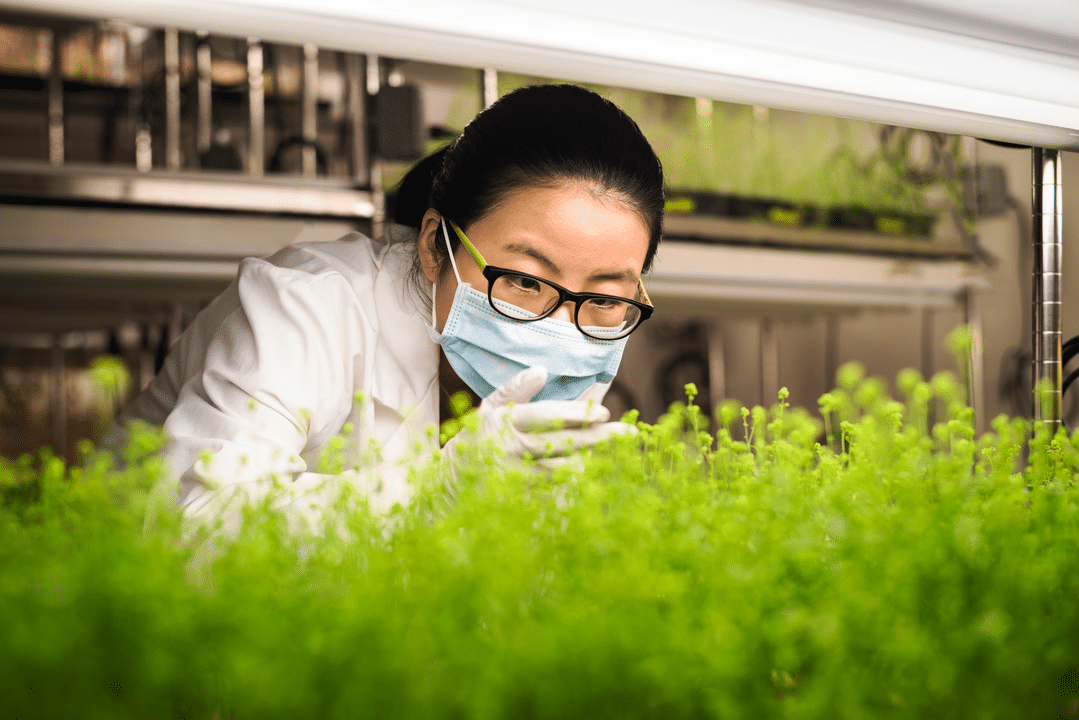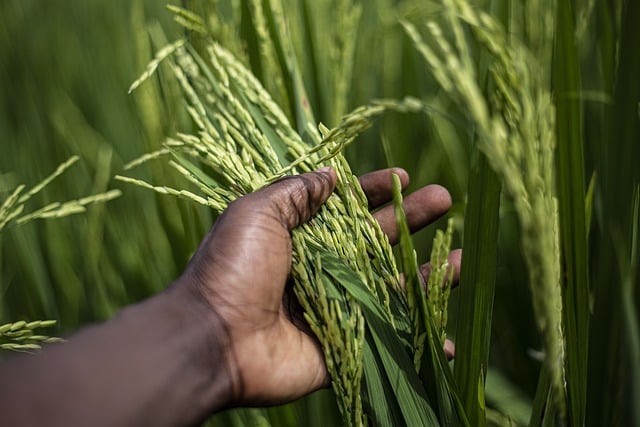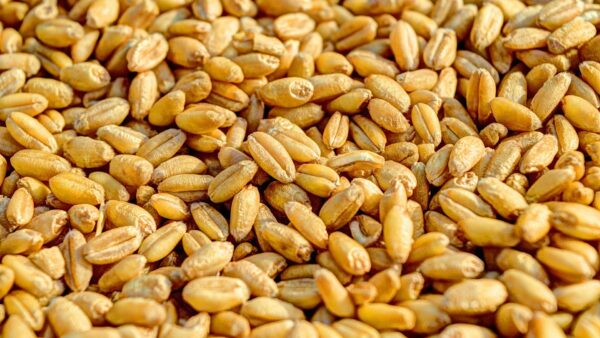By developing a symbiotic relationship with fungi, plants not only become more tolerant to diseases but can also help contribute to more sustainable agricultural practices. This is the conclusion of a new study from the University of Gothenburg.
Most crops can form symbiosis with fungi to gain key nutrients. The fungi in turn gain carbohydrates generated through the plant’s photosynthesis. This type of symbiosis is of key importance to sustainable agriculture since it helps crops utilise better the phosphate in fertilisers.
‘This symbiosis is very important since the leakage of phosphate from farm fields contributes to harmful eutrophication of rivers, lakes and seas,’ says Cornelia Spetea Wiklund, professor at the Department of Biological and Environmental Sciences, University of Gothenburg.
The fungal symbiosis also makes the plants more tolerant to certain diseases and environmental factors such as drought. In order to learn how to better utilize the symbiosis in agriculture, the researchers have explored what causes the increased hardiness of plants. One mechanism involved seems to be that the fungi increase the plant’s levels of several hormones in both its roots and shoots.
‘Studies of the legume Medicago truncatula show that the synthesis and signalling of two important plant hormones increase in plants that form this symbiosis,’ says Lisa Adolfsson, researcher at the Department of Biological and Environmental Sciences, University of Gothenburg.
One of the hormones (ABA) makes the plant more drought tolerant, since it reduces the evaporation of water through the stomata of the leaves. The other hormone (jasmonate) helps increase the production of secondary substances that protect the plant against stress and diseases.
By measuring the levels of various substances in the shoots of the legume, which lives in symbiosis with fungi, and combining the results with large-scale genetic studies, the researchers have found that the levels of secondary substances (flavonoids and terpenoids) rise in the shoots as a result of the increased hormonal levels.
‘This is an interesting finding that may explain the increased tolerance to various stressors and diseases,’ says Spetea Wiklund. The results show that symbiotic fungi influence the hormonal levels of crops.
‘













